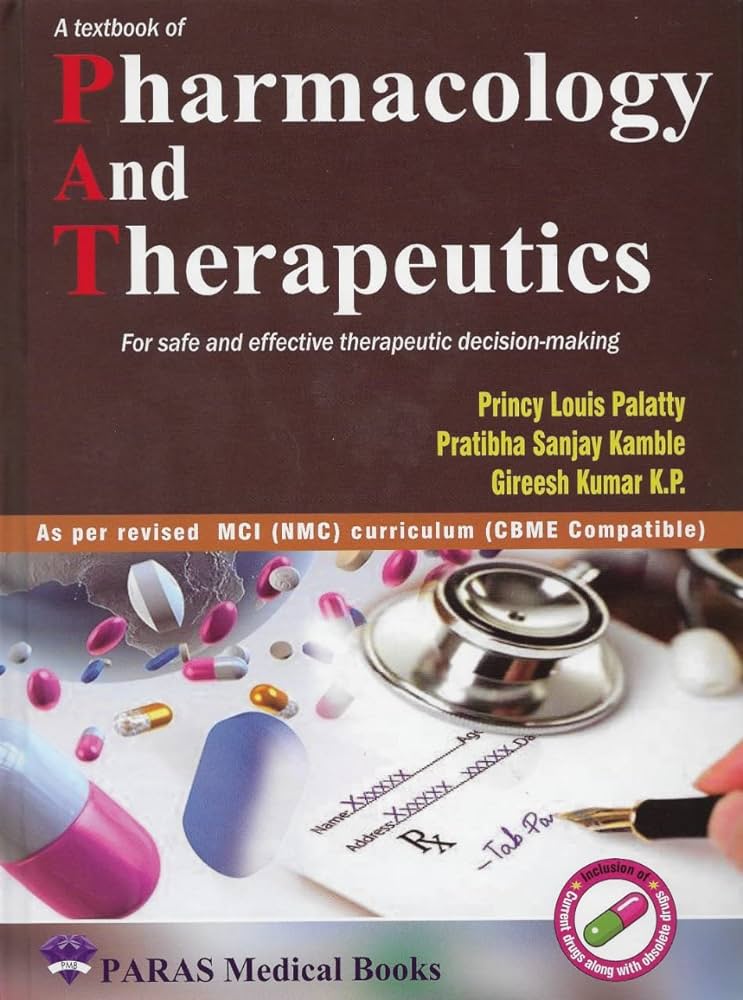焦虑障碍和创伤后应激障碍的(神经)炎症系统:潜在的治疗目标。
IF 12.5
1区 医学
Q1 PHARMACOLOGY & PHARMACY
引用次数: 0
摘要
以免疫系统为靶点,最近在治疗对现有药物治疗产生耐药性的压力相关精神疾病方面引起了人们的注意。虽然这些方法已经在抑郁症中进行了相当详细的研究,但(神经)炎症在焦虑相关疾病中的作用,或者作为重要的跨诊断症状的焦虑中的作用,还不太清楚。在这篇综述中,我们首先回顾了焦虑障碍和创伤后应激障碍(PTSD)中中枢和外周免疫失调的临床前和临床证据,并简要讨论了炎症如何影响焦虑相关症状的拟议机制。然后,我们概述了炎症相关信号转导途径中现有和潜在的未来靶点,并讨论了不同免疫调节药物在焦虑相关疾病中的作用。最后,我们讨论了当前临床试验中的关键空白,例如缺乏基于炎症生物标志物的焦虑患者分层策略的前瞻性研究。总的来说,尽管到目前为止证据相当有限,但有数据表明,焦虑障碍患者亚组中存在(神经)炎症增加。尽管对焦虑症和创伤后应激障碍的这种免疫亚型的确切识别仍然具有挑战性,但这些患者可能会特别受益于炎症系统方面的治疗靶向。不同的抗炎治疗方法(小胶质细胞导向治疗,促炎细胞因子抑制剂,cox抑制剂,植物化学物质和一些新型抗炎剂)确实在非分层焦虑患者群体中显示出一定的疗效,并且在特定(“炎症”)亚型焦虑障碍和创伤后应激障碍患者中显示出新的替代或补充治疗选择的希望。本文章由计算机程序翻译,如有差异,请以英文原文为准。
The (neuro)inflammatory system in anxiety disorders and PTSD: Potential treatment targets
Targeting the immune system has recently garnered attention in the treatment of stress- associated psychiatric disorders resistant to existing pharmacotherapeutics. While such approaches have been studied in considerable detail in depression, the role of (neuro)inflammation in anxiety-related disorders, or in anxiety as an important transdiagnostic symptom, is much less clear. In this review we first critically review clinical and in part preclinical evidence of central and peripheral immune dysregulation in anxiety disorders and post-traumatic stress disorder (PTSD) and briefly discuss proposed mechanisms of how inflammation can affect anxiety-related symptoms. We then give an overview of existing and potential future targets in inflammation-associated signal transduction pathways and discuss effects of different immune-modulatory drugs in anxiety-related disorders. Finally, we discuss key gaps in current clinical trials such as the lack of prospective studies involving anxiety patient stratification strategies based on inflammatory biomarkers. Overall, although evidence is rather limited so far, there is data to indicate that increased (neuro)inflammation is present in subgroups of anxiety disorder patients. Although exact identification of such immune subtypes of anxiety disorders and PTSD is still challenging, these patients will likely particularly benefit from therapeutic targeting of aspects of the inflammatory system. Different anti-inflammatory treatment approaches (microglia-directed treatments, pro-inflammatory cytokine inhibitors, COX-inhibitors, phytochemicals and a number of novel anti-inflammatory agents) have indeed shown some efficacy even in non-stratified anxiety patient groups and appear promising as novel alternative or complimentary therapeutic options in specific (“inflammatory”) subtypes of anxiety disorder and PTSD patients.
求助全文
通过发布文献求助,成功后即可免费获取论文全文。
去求助
来源期刊
CiteScore
23.00
自引率
0.70%
发文量
222
审稿时长
90 days
期刊介绍:
Pharmacology & Therapeutics, in its 20th year, delivers lucid, critical, and authoritative reviews on current pharmacological topics.Articles, commissioned by the editor, follow specific author instructions.This journal maintains its scientific excellence and ranks among the top 10 most cited journals in pharmacology.

 求助内容:
求助内容: 应助结果提醒方式:
应助结果提醒方式:


